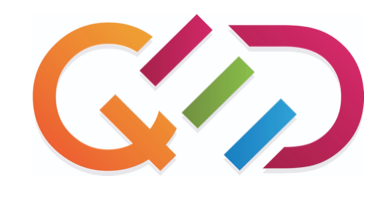How our narrative determines our choices.
/The latest episode in our Resilience Unravelled series has now been released, Resilience Unravelled – How our narrative determines our choices.
Kimberly Spencer is an award-winning high performance coach and trainer, who is currently based on the Gold Coast of Australia. Originally from Los Angeles, Kimberly is also and Amazon best-selling co-author, international motivational speaker, and founder of CrownYourself.com where she helps visionary leaders build their empire and stand out in their full potential in their bodies, businesses, and relationships.
Kimberly’s uses her personal experience to inspire, motivate, and coach her clients using what she has learned from her personal development to help others to find their truth. She feels very strongly that we learn from different experiences and that in every problem there is an opportunity to grow. The narrative we feed ourselves is incredibly important - the old adage of whether the news is good or bad comes back to the news being how we view it and what we decide it is.
She feels this also equates to the narrative of whether we see ourselves as a success or a failure. We all have successes and failures but we don't tend to share our failures so other people only see the successes. The link running through all our successes and failures is having the resilience to pick ourselves up and carry on. Our narrative also determines the choices we have and ultimately the control we have over our lives. We might not like some of the choices we are given and would prefer different options but we all have the ability to choose the attitude we take in that space. No one can take away the way we respond to a choice.
This power of personal choice is especially important to Kimberly as she grew up in a household with an addict father, which made her early home life very difficult. She realised she was a people pleaser so had to learn the importance of self-love. The pressure to be perfect can be overwhelming and cause people to blame themselves for just being human. Often we link our personal value to something tangible. We need to get away from this external validation and external pleasing and not live our lives at the behest of other people.
Kimberly also talks about identity and how people attach it to things such as bank balances or weight. By attaching identity to the number on the scale, we are looking at it as the effect of choices that have been made. Having these choices allows us to be ourselves and, equally, making a choice not to do something is incredibly empowering because we’re cleansing ourselves and getting rid of things we don't want to do.
You can listen to the podcast in full here. Our previous podcast episodes and upcoming guest list are also available and there is an option to sign-up to receive our podcast episodes on release. Our full blog archive is also available and you can sign-up to receive these on a weekly basis.
You can find out more about Kimberly here.

